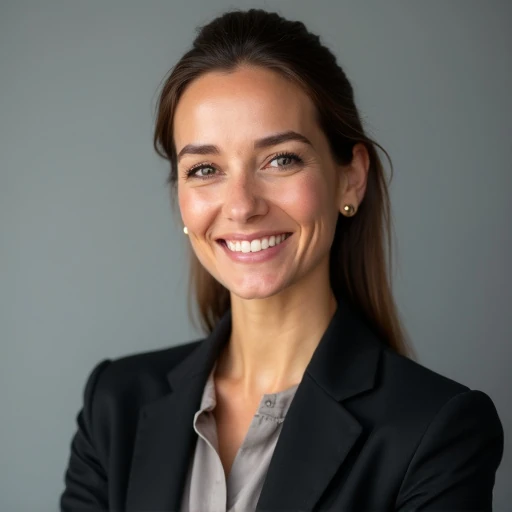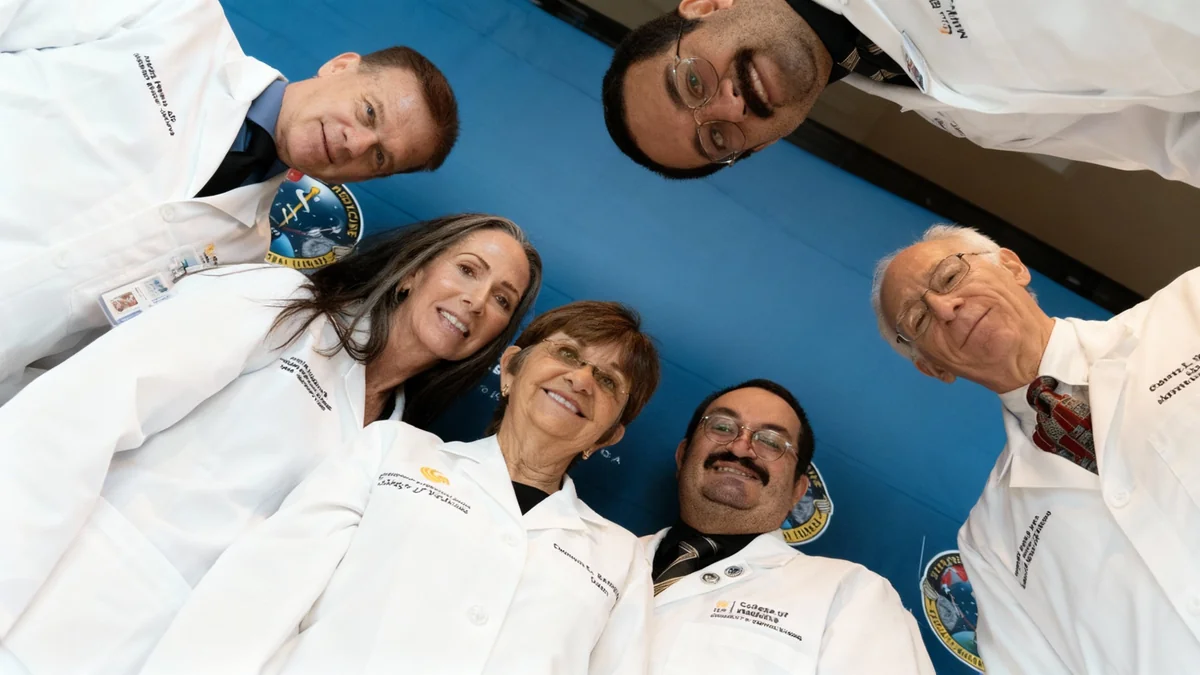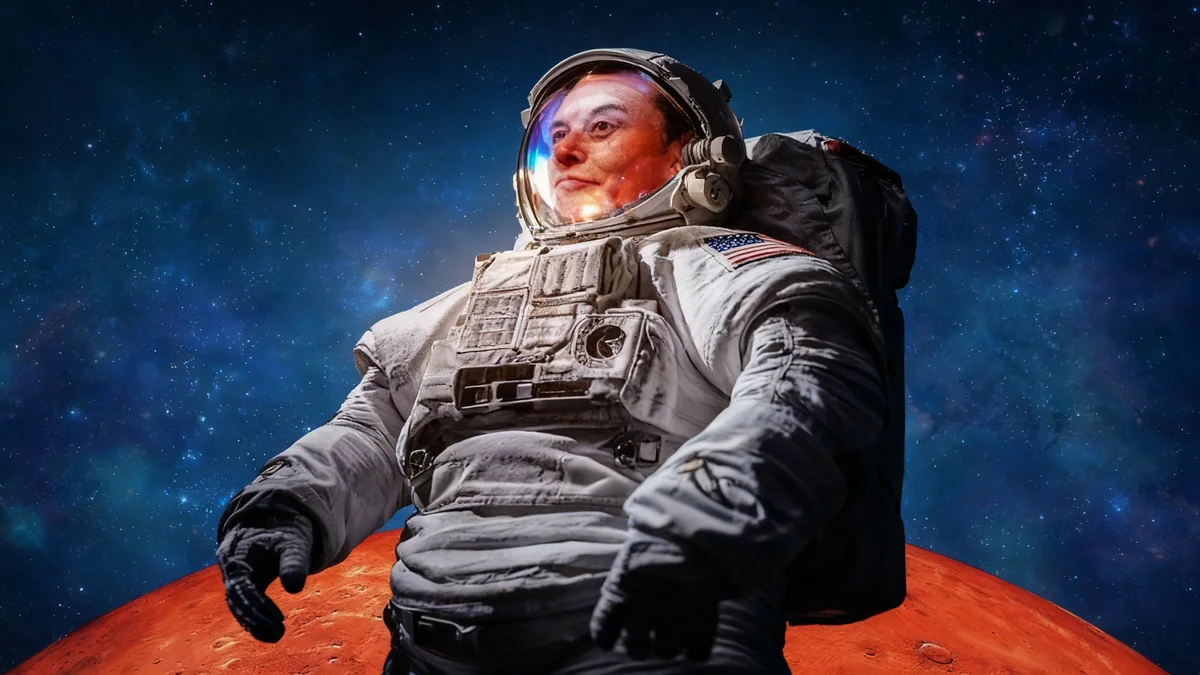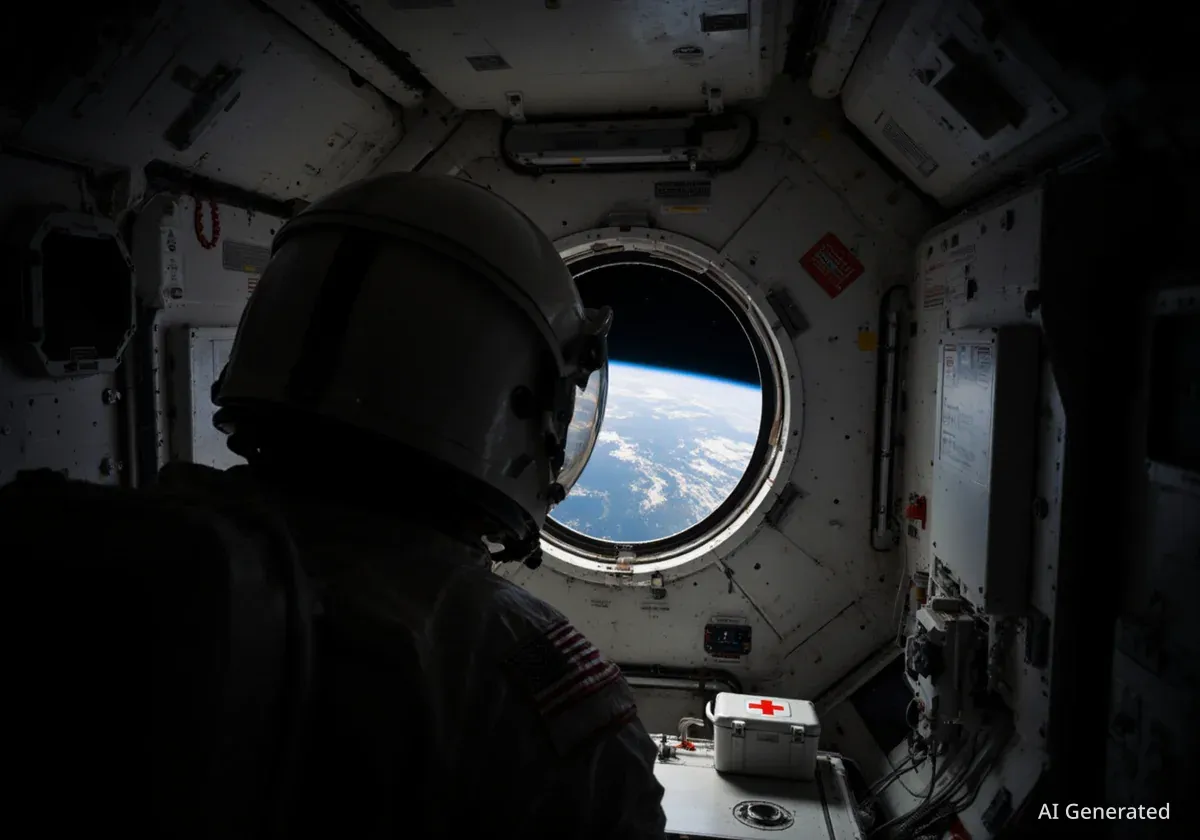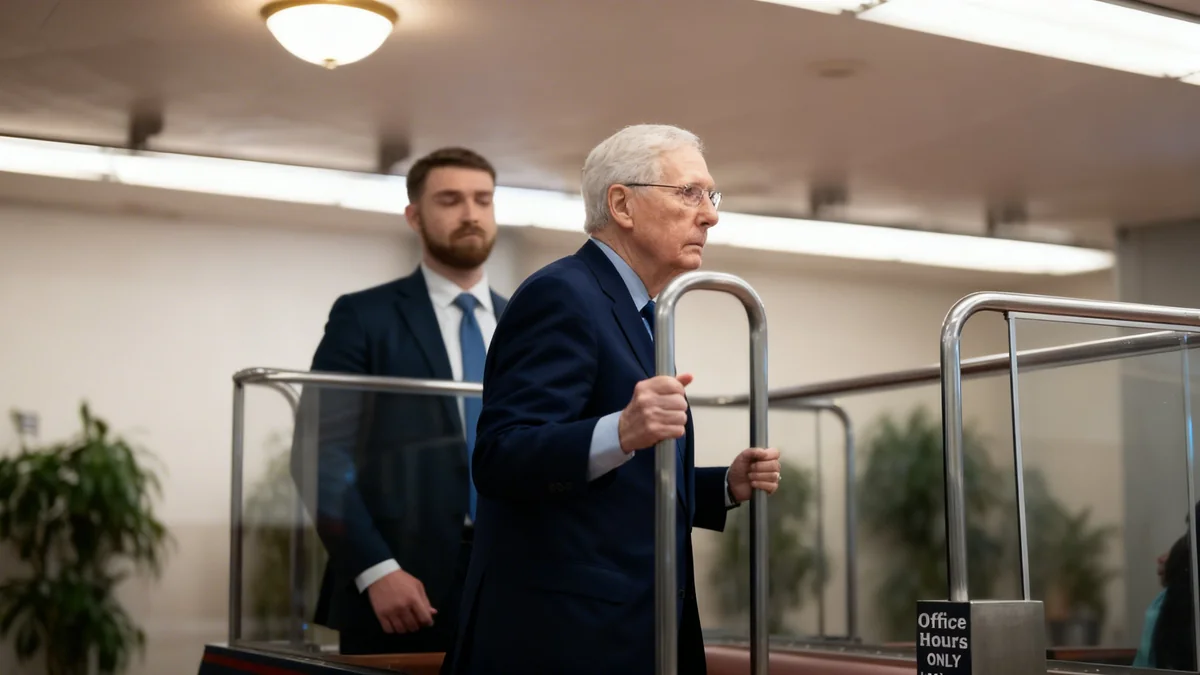The University of Central Florida is establishing a new research center dedicated to understanding the health challenges of space travel, with the goal of protecting future astronauts and improving medical care on Earth. The initiative brings together leading experts from NASA and the commercial space industry to study the effects of extreme environments on the human body.
The new Center for Aerospace and Extreme Environments Medicine (CASEEM) will focus on the impacts of microgravity, radiation, and isolation, aiming to develop technologies and treatments for missions to the Moon, Mars, and beyond. This research is also expected to yield significant benefits for terrestrial medicine, particularly in areas like aging and radiation therapy.
Key Takeaways
- UCF has launched the Center for Aerospace and Extreme Environments Medicine (CASEEM) to study the health effects of space travel.
- Two former NASA experts, Dr. William Powers and Dr. Jennifer Fogarty, have joined UCF to lead the center's medical and scientific efforts.
- The center will conduct interdisciplinary research involving medicine, engineering, computer science, and psychology.
- Discoveries are intended to benefit not only astronauts but also patients on Earth, soldiers, and deep-sea explorers.
- The center's location near Kennedy Space Center positions UCF as a key player in the growing commercial spaceflight industry.
Assembling a Team of Aerospace Medicine Leaders
To spearhead this ambitious program, UCF has recruited two internationally recognized figures in aerospace medicine. Dr. William (Ed) Powers has been appointed as the center's chief medical officer, and Dr. Jennifer Fogarty will serve as its chief scientist.
Dr. Powers brings extensive operational experience from his time as the former chief of NASA’s Medical Operations Branch. He was the primary physician for six Space Shuttle missions and four Soyuz missions to the International Space Station. More recently, he served as the director of flight medicine for Axiom Space, supporting the first all-private manned missions.
Dr. Fogarty previously served as the chief scientist for NASA’s Human Research Program, where she managed a $145 million research budget. Her work focused on identifying and mitigating the health risks associated with long-duration space travel, including missions to Mars.
"UCF is assembling a team of superstars to create a program that will allow us to harness knowledge obtained in space to solve our problems here on Earth," stated Dr. Deborah German, UCF’s vice president for health affairs and dean of the College of Medicine.
A Multidisciplinary Approach to Extreme Environments
The new center is designed to be highly collaborative, breaking down traditional academic silos. Led by Dr. Emmanuel Urquieta, the College of Medicine’s vice chair for aerospace medicine, CASEEM will integrate expertise from across the university.
Faculty from medicine, engineering, and computer science will work together to develop new diagnostic and treatment technologies for use in confined spaces. Researchers from the psychology department will address the mental health challenges of isolation, while leadership experts will study how to optimize astronaut team performance.
From Space to Earth: The Translational Benefits
A core mission of the center is to translate space-based discoveries into practical applications on Earth. For example, research into protecting astronauts from cosmic radiation could lead to improved safety protocols for cancer patients undergoing radiation therapy. Similarly, understanding the accelerated aging processes seen in astronauts could unlock new anti-aging treatments for the general population.
Dr. Urquieta emphasized the strategic advantage of UCF's location. "There couldn’t be a better location to study the health effects of human space flight," he said, highlighting the proximity to Kennedy Space Center and the university's diverse academic resources. He noted that the center is "more interdisciplinary than any other in the space industry."
Addressing the Health Risks of a New Space Age
As humanity pushes further into space, the physiological and psychological tolls become more significant. Astronauts face a unique combination of stressors, including reduced gravity, confinement, isolation, and increased radiation exposure.
The Challenge of Long-Duration Missions
During her 17 years at NASA, Dr. Fogarty's research focused on the primary risks to astronauts on long missions, such as those planned for Mars. These include cardiovascular deconditioning, bone density loss, and neurological changes. The new center aims to develop countermeasures for these and other health challenges.
The rise of commercial spaceflight introduces new variables. More civilians, often with diverse medical histories, are expected to travel to space. This shift requires new approaches to medical preparedness and in-flight care, especially when a trained physician may not be on board.
"When you put people into space and their life is unfolding, and unpredictable health issues emerge as they do, how are we prepared to handle that?" Dr. Fogarty questioned. "Those people will not have access to the robust healthcare resources that we have on Earth."
She pointed out the complexities of managing common conditions in space. For instance, prescribing a common cholesterol medication like a statin could be risky if a severe side effect occurs millions of miles from a hospital.
Pioneering the Future of Health in Space and on Earth
Dr. Powers shared firsthand accounts of the unique medical challenges in space. He recalled quarantining with astronauts in Kazakhstan before their launch and helping them medically reacclimate to Earth after six months in zero gravity.
He described one astronaut, Mike Barratt, who was mesmerized by a simple bottle of water after returning. "He sat there and stared at it because (in zero gravity) he hadn’t seen water go to the bottom of a bottle for about six months," Powers recalled. "He just kept staring and said, ‘Wow, that’s amazing.’”
This experience underscores the profound physiological adjustments the human body undergoes. With the commercial space industry expanding rapidly, the expertise offered by UCF's new center will be critical.
"The platform of commercial space exploration is in its infancy now, but it’s really the way of the future," Dr. Powers stated. "Commercial spaceflight planners need expertise in how to deal with humans in the extreme environment of space flight. We can provide that for them."
Dr. Fogarty echoed this sentiment, seeing a future where thousands of people will live and work in space. She believes UCF is positioned to become a vital part of the ecosystem that supports this expansion.
"I believe UCF will be a strong part of that ecosystem enabling research and operational support and providing occupational health knowledge and care," she concluded.
The center's research will also have applications for other extreme environments on Earth, benefiting soldiers on remote missions, deep-sea explorers, and high-altitude mountain climbers, while simultaneously advancing healthcare for everyone.
